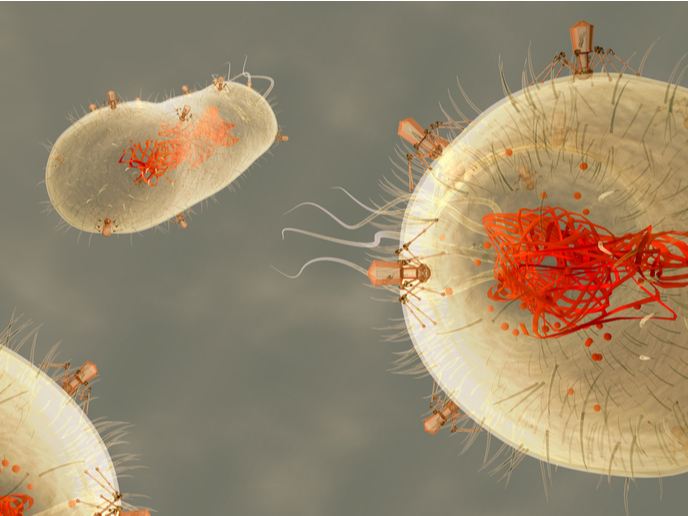New compounds to stop HIV progression
The hallmark of HIV infection is destruction of the immune system, which leads to opportunistic infections. Although current medication can inhibit the infection of cells almost completely, potential side-effects coupled with residual expression and replication of the virus prohibits patients from reaching a normal life expectancy. Among the factors that contribute to the progression of HIV is Nef (Negative Regulatory Factor), a protein that promotes viral replication and facilitates immune evasion. Virus strains carrying Nef deletions have been found in some non-progressor HIV patients. The EU-funded 'Inhibiting Nef: A novel drug target for HIV-host interactions' (INEF) project proposed to target Nef as a therapeutic regimen through specific inhibitors. By taking advantage of small molecule libraries, scientists searched over 65 000 compounds for hits that interfered with various functions of Nef, namely activation of the haematopoietic cell kinase Hck, trafficking of CD4 and MHC-I molecules, hyperinduction of NFAT and enhancement of infectivity. Of these, 4 800 structurally diverse, 'drug-like' molecules were selected for further evaluation. Two potent small molecules capable of disrupting the association of Nef with SH3 protein domains were identified and their chemical structures were used as models to generate additional inhibitors. Nuclear magnetic resonance (NMR) was employed to identify inhibitors that bind Nef and results pointed to a binding 'pocket' central to Nef function. The screening of molecules was based on their ability to enter target cells and interact with Hck or activate NFAT. The specificity of lead candidate compounds and their ability to put a stop to HIV replication was also validated in vivo. Further co-factors of Nef that participate in CD4 down-regulation were discovered and were envisioned as potential therapeutic targets. Given the millions of HIV-infected individuals in the world today, INEF work brings hope that novel therapies can be developed to reduce the associated mortality and morbidity.







